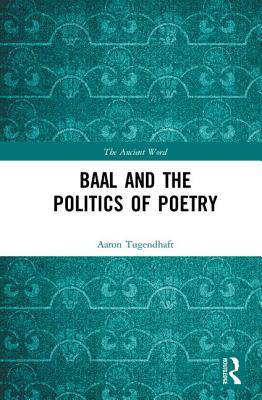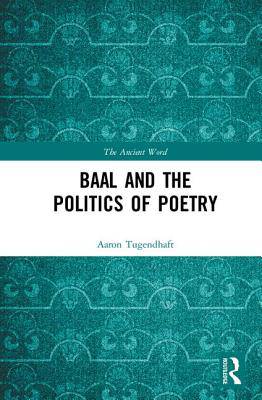
- Retrait gratuit dans votre magasin Club
- 7.000.000 titres dans notre catalogue
- Payer en toute sécurité
- Toujours un magasin près de chez vous
- Retrait gratuit dans votre magasin Club
- 7.000.0000 titres dans notre catalogue
- Payer en toute sécurité
- Toujours un magasin près de chez vous
Description
Baal and the Politics of Poetry provides a thoroughly new interpretation of the Ugaritic Baal Cycle that simultaneously inaugurates an innovative approach to studying ancient Near Eastern literature within the political context of its production. The book argues that the poem, written in the last decades of the Bronze Age, takes aim at the reigning political-theological norms of its day and uses the depiction of a divine world to educate its audience about the nature of human politics. By attuning ourselves to the specific historical context of this one poem, we can develop more nuanced appreciation of how poetry, politics, and religion have interacted--in antiquity, and beyond.
Spécifications
Parties prenantes
- Auteur(s) :
- Editeur:
Contenu
- Nombre de pages :
- 166
- Langue:
- Anglais
- Collection :
Caractéristiques
- EAN:
- 9781138063624
- Date de parution :
- 02-11-17
- Format:
- Livre relié
- Format numérique:
- Genaaid
- Dimensions :
- 156 mm x 233 mm
- Poids :
- 459 g

Les avis
Nous publions uniquement les avis qui respectent les conditions requises. Consultez nos conditions pour les avis.






